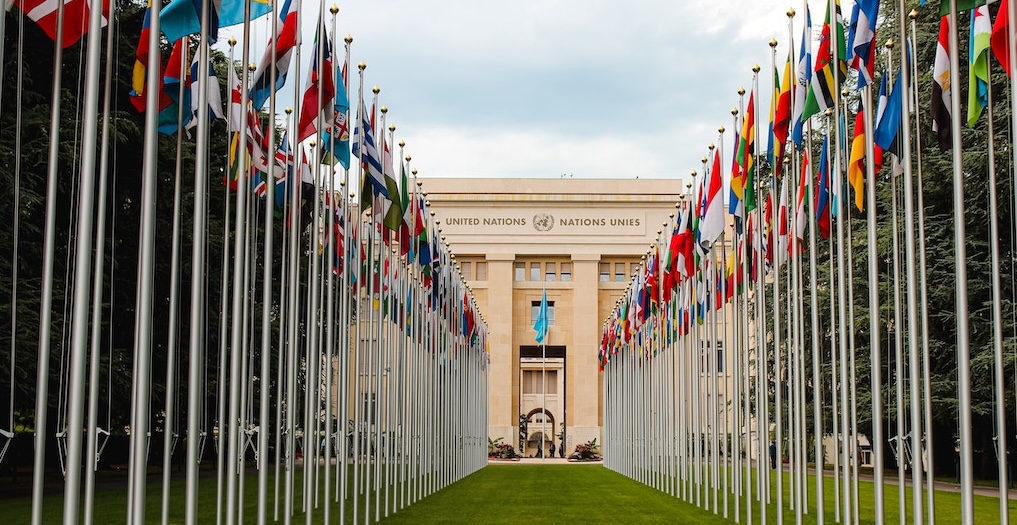Tell World Leaders: We Need a Strong UN Plastics Treaty!
World Leaders

Countries are negotiating a UN Plastic Treaty to address plastic pollution across its lifecycle. However, negotiations have been impeded by corporate interests and the small but powerful group of petrostates who aim to continue our reliance on plastics and the fossil fuels that create them.
Sign the petition to tell world leaders they must not compromise ambition, and must negotiate a binding treaty that protects human rights, not corporate influence; reduces plastic production and the use of toxic chemicals; and supports non-toxic solutions.
Sponsored by
To:
World Leaders
From:
[Your Name]
Plastic is found in the water we drink, the food we eat, the air we breathe, the soil below us, and throughout our bodies. Plastic and the toxic chemicals released throughout the extraction of fossil fuel feedstock, plastic production, transport, use, and disposal, have been linked to asthma, cancer, dementia, diabetes, hormone disruption, infertility, and much more. Plastics accelerate the climate crisis and harm wildlife and ecosystems we depend on for a healthy planet. Despite ample and growing evidence of these harms, industries plan to triple plastic production by 2060.
World leaders must stand strong and negotiate a treaty that protects human health and the environment by:
ADOPTING BINDING COMMITMENTS:
Voluntary agreements haven’t worked. To truly end plastic pollution, world leaders must adopt binding and enforceable commitments.
PROTECTING HUMAN RIGHTS, NOT CORPORATE INFLUENCE:
The Treaty must include measures to protect human rights—including the rights of Indigenous Peoples—and ensure conflict of interest policies that limit the influence of fossil fuel and chemical lobbyists.
REDUCING PRODUCTION OF PLASTICS AND TOXIC CHEMICALS:
Leaders must agree to limit plastic production and the use of problematic plastics, along with phases out/ban chemicals of concern.
PROMOTE AND CATALYZE SOLUTIONS:
The Treaty must support real solutions including non-toxic alternative materials and reuse and refill systems that can replace/phase out single-use and problematic plastics.
There has been growing ambition with 100 countries backing the proposal to reduce plastic production, 95 supporting legally binding targets to regulate harmful chemicals, and over 120 nations calling for a treaty with robust implementation measures. Yet a minority of petrostates delay and derail negotiations, pushing other countries to compromise the critical measures needed to protect people and the environment, while receiving little to nothing in return. Delegations must hold the line and ensure critical, binding measures and avoid a rushed, ineffective treaty. Plastic pollution threatens the lives of our families and environment, and the cost of inaction is too high.
